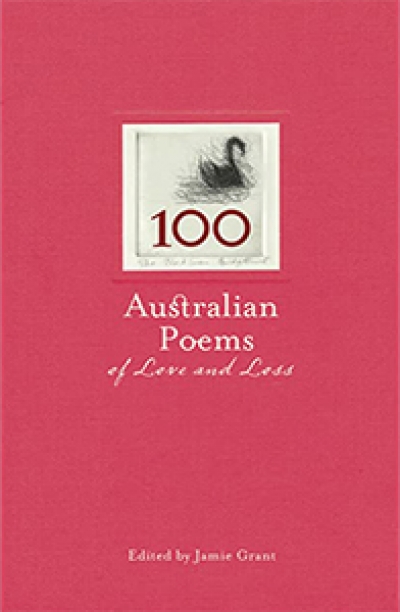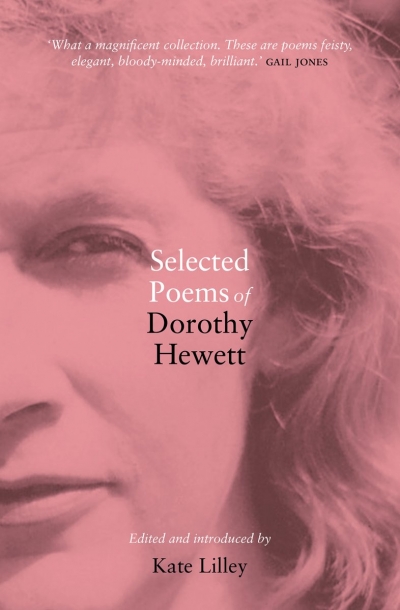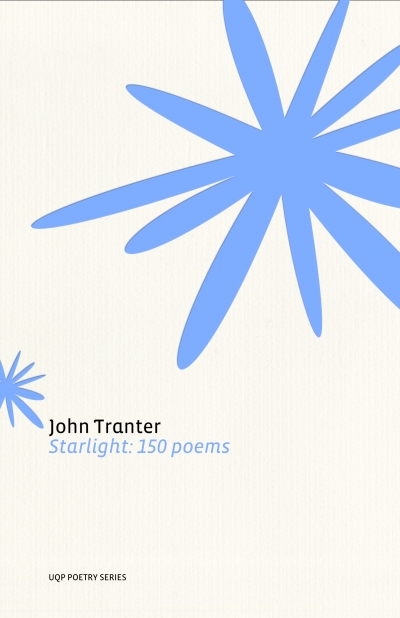Australian Poetry
A Cool and Shaded Heart by Noel Rowe & Ethical Investigations by Noel Rowe
by David McCooey •
A Local Habitation: Poems and Homilies by Peter Steele, edited by Sean Burke
by Philip Harvey •
Starlight: 150 Poems by John Tranter & The Salt Companion to John Tranter edited by edited by Rod Mengham
by Gig Ryan •
In an essay on the poetry of George Crabbe, Peter Porter wrote, ‘It is a great pleasure to me, a man for the littoral any day, to read Crabbe’s description of the East Anglian coast.’ Happily, there is by now a substantial and various array of writings about Porter’s work, and I would like simply to add that his being, metaphorically, ‘a man for the littoral’, with all its interfusions, is one of his distinguishing qualities, and something to rejoice in. Coastlands, and marshes, are essential to his intellect and to his imagination. He may never have had one foot in Eden, but he did rejoice in a plurality of territories.
... (read more)The Puncher & Wattmann Anthology of Australian Poetry edited by John Leonard
by Paul Kane •







